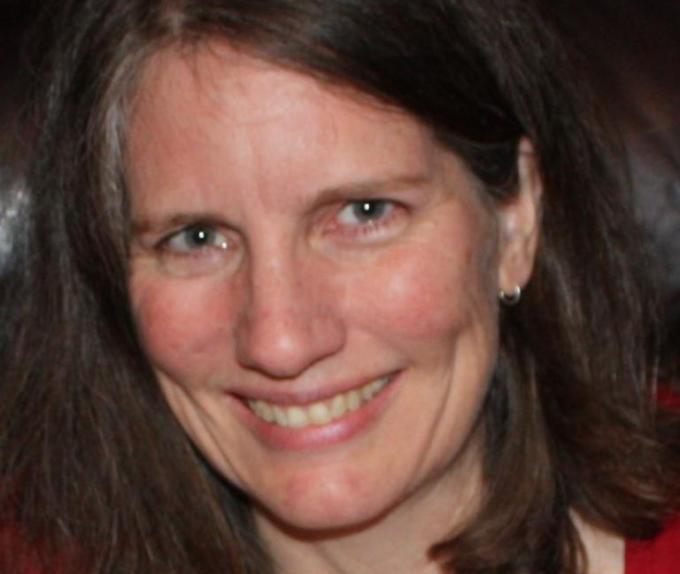The Fredrik Barth Memorial Lecture 2022: Diane E. King
The title of this year's lecture is "Ethnic Groups and Quandaries: Thoughts on Modern States and Hereditary Belonging".

Main content
We are happy to announce that Associate Professor Diane E. King, University of Kentucky, will give the Fredrik Barth Memorial Lecture 2022.
Ethnic Group and Quandaries: Thoughts on Modern States and Hereditary Belonging
Fredrik Barth went to Kurdistan, Iraq and carried out five months of fieldwork there in 1951, when he was only 22. Mid-century sociocultural anthropologists were interested in social structure, local politics, subsistence, custom, ritual, and small-scale economics, and Barth’s resulting monograph covered these dutifully. His focus was on rural people in villages, whom he wrote lived quite differently from townspeople. His basic argument was that despite tremendous diversity in social forms, common organizing principles could be identified. The career of a prolific and influential anthropologist was off and running.
In this lecture, I hope to both honor Professor Barth and to take up where he left off, drawing on my own research in Kurdistan conducted periodically since the mid-1990s. This lecture is about kinship (specifically descent reckoning), the state, and one of the main byproducts of kinship and state, sectarianism. As Barth noted and I also have found, in Kurdistan, many socially-inflected actions, possibilities, and values are shaped by, and flow out of, hereditary belonging in the form of patriliny. This is the idea that it is mainly men, not women, who socially and legally and ontologically make offspring. Patriliny, as this idea is known, is so powerful there, that I argue that it acts as a kind of third party, to which individuals are held accountable by themselves and others. Patrliny has mainly been looked at for the ways in which it organizes a society, which of course it does. But what if we shifted the focus both inward and outward, to look at patrilineal hereditary belonging in the lives of individuals, and as integral to citizenship in the state? That is what I plan to do in this lecture: to show patriliny’s role in the lives of my interlocutors, and to argue that while it is, yes, about quotidian social relations, it also makes possible sectarian Iraqi, and more broadly, Middle Eastern and West Asian citizenries. Patriliny is a survivor. It inhabited and maybe even gave rise to early states thousands of years ago, remained as a social and legal form through many empires, and now thrives in the twenty-first century, sovereign-yet-crisis-ridden and militarized and autocratic West Asian state.
I believe we in anthropology are in a quandary: the world has thousands of ethnolinguistic groups, but only around 200 states. National groups are quickly absorbing smaller ethnolinguistic groups, with language death accelerating rapidly. And yet we in anthropology have turned to the very specific and shied away from generalizing. We work in the whole world, but it seems we are reluctant to talk about the whole world, except for those ways in which various global flows impact and inhere in our interlocutors. I think that Fredrik Barth, had he kept living and doing fieldwork well into this century, would have again turned to ethnic groups and boundaries, but in a way that was both less universalizing, and that acknowledged our present postcolonial and globalized moment. That is what I too hope to do in this lecture.
About the lecturer
Diane E. King is an associate professor in the Department of Anthropology at the University of Kentucky. Her research sites are the Kurdistan Region of Iraq, Southeast Asia and Kurdish communities in the United States. Her topical interests include anthropological kinship theory, gender, identity, religion, governance and the state, and globalization. Her publications include Kurdistan On the Global Stage: Kinship, Land, and Community in Iraq (2014) and Kinship and Gender (with Linda Stone, 2019).
